A small indie developer creates an amazingly powerful and well-designed WordPress plugin. Eventually it grows too big for him and his small team to maintain, so he sells it to a larger plugin development company. That company, boosted even further by the value this plugin adds to their stable of products, gets bought by an even larger hosting company. Another company — one owned by the same guy who controls the open source WordPress project itself — was for years a substantial shareholder of said hosting company, but eventually sold off its shares to a private equity firm that now controls the hosting company.
Then, a war breaks out between those two big companies. Things escalate, and (because one side is controlled by that guy who, when he’s not on safari in Africa, is busy with his finger in several different pies, representing an obvious conflict of interest) the open source project summarily takes over the free base version of that plugin I was talking about at the beginning.
I’m a small indie plugin developer too. Luckily, I’m probably too small and insignificant to have the core team steal my work from me, but hey… open source is open source. People can use it however they want, with no obligation towards the creators.
Also, rich guys apparently don’t understand irony.
Finally, let’s get the terminology straight here. Matt is calling this a “fork” of Advanced Custom Fields. But a fork doesn’t get to keep the original URL, download stats and reviews. A fork starts from square one. A fork is, essentially, what the ACF team was forced in this situation to do with their own original plugin.
No WordPress plugin developer should ever have to post a message like this on their website:
